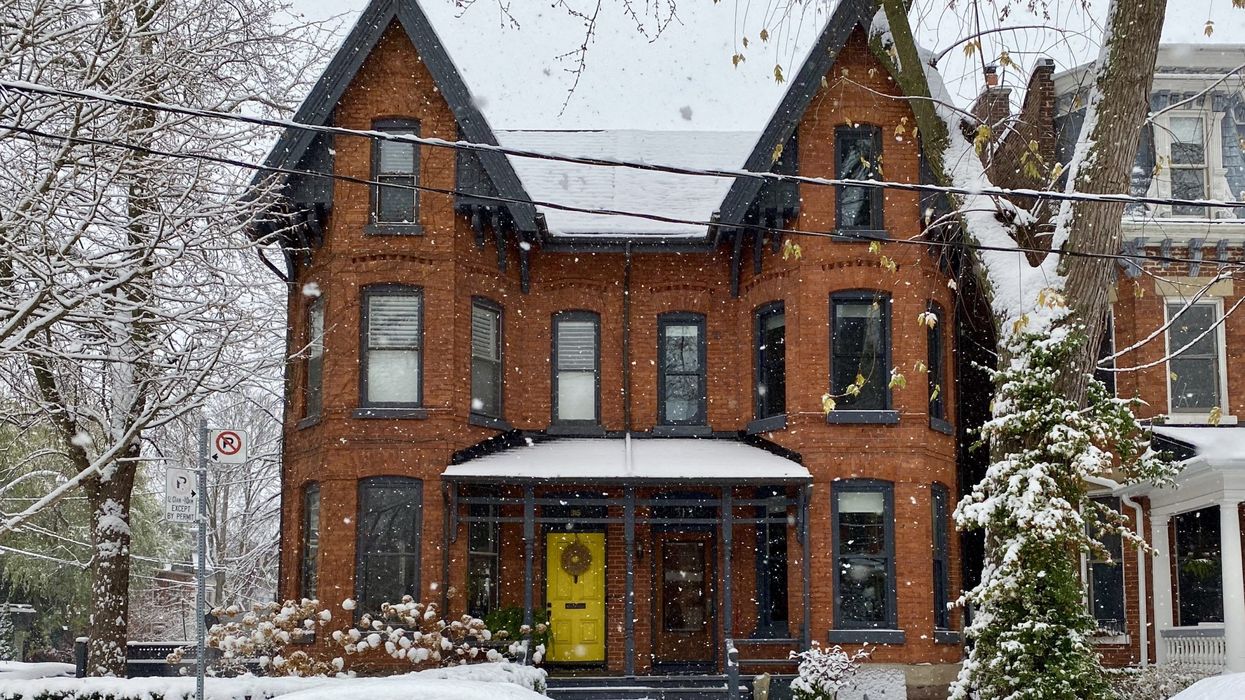The first mistake is presuming interest rates hikes are imminent, says Dustan Woodhouse, president of Mortgage Architects.
“I don’t think interest rate hikes are ever scheduled, but there’s a general sentiment that interest rate hikes are scheduled for a future date. The sentiment that they’re scheduled for a future date is basically true and untrue at the same time. There is no schedule or a date other than the future part. But there’s been this prevailing sentiment, for years and years and years, that rates are going to go up ‘next year.’”
That has not happened yet, but with record inflation and the Bank of Canada even concluding its quantitative easing program, until recently an interest rate hike seemed forthcoming some time in 2022.
READ: What the Bank of Canada’s Unchanged Key Interest Rates Means for Mortgages
That was before the Omicron variant of COVID-19 managed to ravage much of the world in a few short weeks, sparking another round lockdown measures and government subsidies. In fact, the latter all but ensures there won’t be an interest rate hike any time soon.
“The whole talk of an interest rate hike next year was very premature in my opinion,” Woodhouse said. “The sad part is that news triggered people to take their 1.2% variable rate mortgages and walk into 2.7% fixed-rate mortgages. They reacted to that news and they inflicted a 1.5% interest rate hike on themselves out of fear. That’s awful. And now what are all the news stories going to be about? The likelihood that further government stimulus will be required, and is already being rolled out, and interest rate hikes will be pushed back to a future date. The real question is how far into the future.”
Most reports pegged the Bank of Canada’s interest rate hike at mid-2022, but Laura Martin, Chief Operating Officer at Matrix Mortgage Global, believes it’s unlikely that will occur now.
"The new Omicron COVID-19 variant has prompted a renewal of business capacity and Canadian travel restrictions, a decline in oil prices, and perhaps most importantly, renewed economic uncertainty,” Martin said. “Rising interest rates are associated with strong economic outlooks. With a new wave of COVID restrictions, we are still in a position that requires accommodative financial conditions and support for Canadian borrowers.”
Noting that his gym just closed its doors and that restaurants and bars in his city are back to half capacity, although he surmises they’ll be closed in days, Woodhouse, who’s based in Vancouver, can see restrictions persisting for anywhere from six to 12 weeks.
Although Omicron’s symptoms are much milder than its predecessors, and it’s also believed to be far less fatal, it’s well-nigh impossible at this early juncture to determine what its impact on ICU beds will be, and that appears to be the crux of the issue -- it’s too early to say how long lockdown measures will last.
“As we’ve learned, the situation is constantly fluid, dynamic and no government is going to say ‘We’re going to lock you down for six months,’ because no government can see that far into the future -- nobody can -- and they don’t want to lock everything down for six months because that’s not good for anybody. They’re going to start with four weeks,” Woodhouse said.
“Now, is it possible that in two or three weeks from now they re-evaluate that and extend it? Yes, it’s possible it could get extended, so how long do we really wind up locked down for? Nobody really knows, but they can’t say six months out of the gate. They have to go three or four weeks at a time. If it gets extended multiple times, the interest rate increase is most likely also extended. The extension of lockdowns will almost certainly translate into the extension of low interest rates.”





















